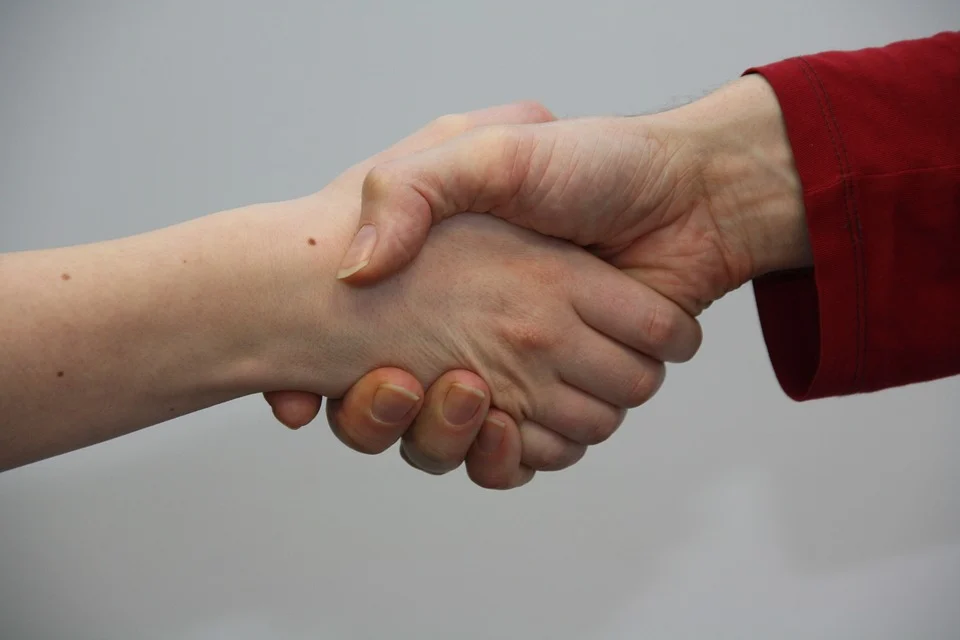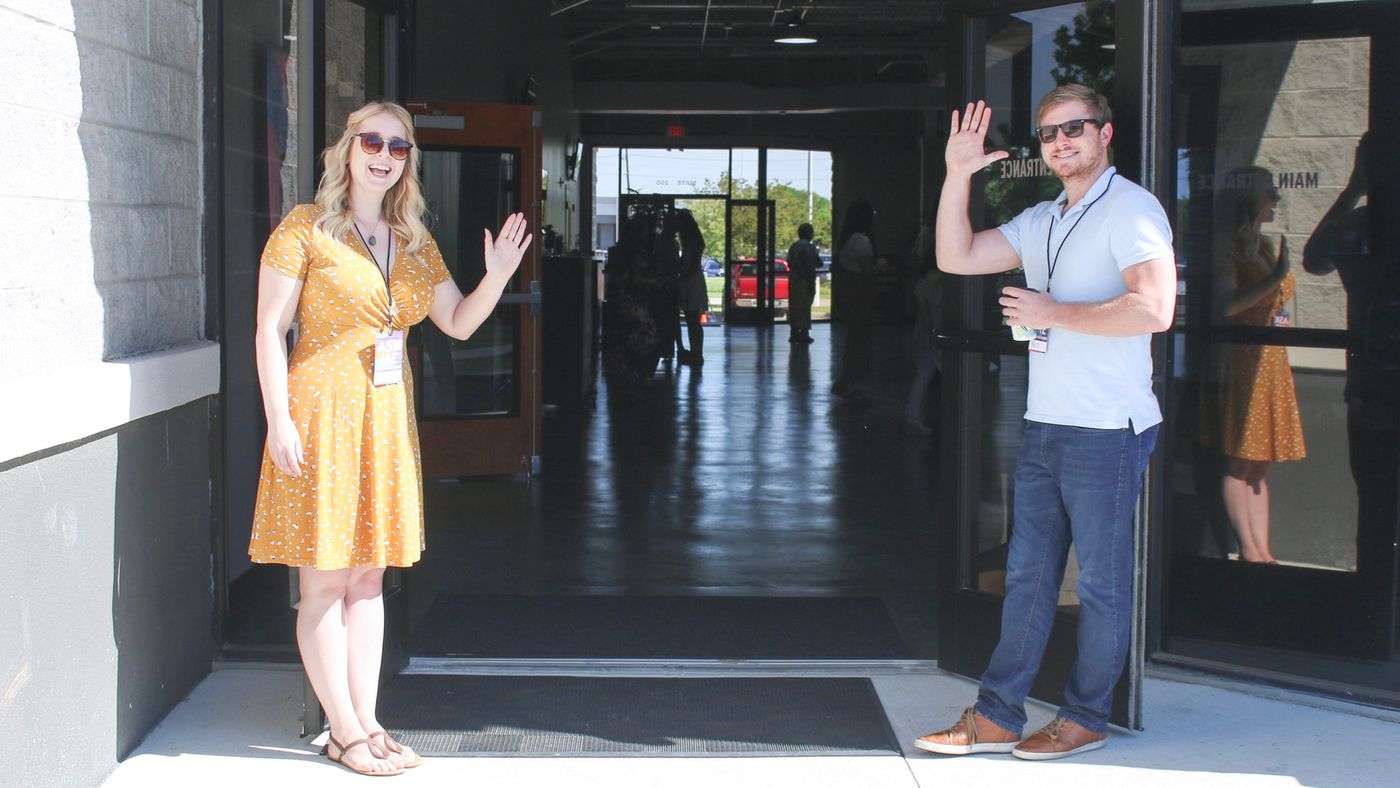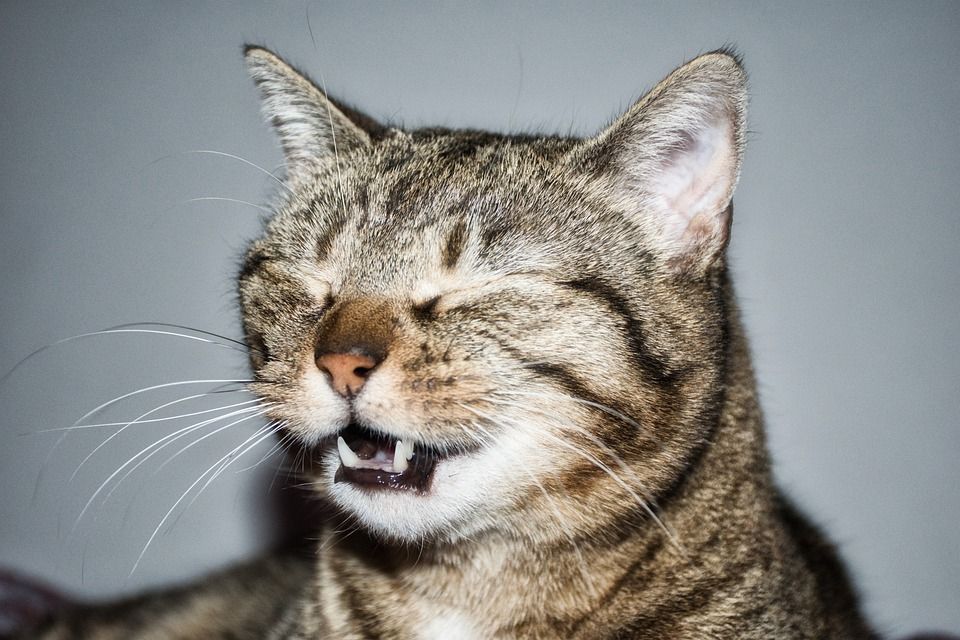Ten small sharings about the UK (life articles) - detailed talk and experience (2)
3. Get used to expressing thanks with "Cheers!" 🤝
Many Brits say "Cheers" when expressing gratitude. Of course "Thanks" and "Thank you" are also used by many people, but they are more often used in more formal situations, such as meetings, meeting clients or sending work emails.
And "Cheers" is a more lifelike, less formal thank you . It is suitable for when a stranger is holding the door for you, or when a friend pours you a cup of tea, etc.
Why use "Cheers" to express thanks?
An English video mentions that the word "cheers" comes from the Latin word "cara", which originally means "head" and "face", and then slowly changes to "facial expressions" and "inner emotions" in English the meaning of. Early British people would wish each other "Good Cheer" when saying goodbye. I think it means wishing each other a good mood and a good life in the future. After all, if you live a good life, your mood and expression will be good. Slowly over time, this farewell greeting has evolved into the thank-you word that British people use today to express their gratitude.
There is another, more special thank you word in the UK called "Ta!" which is pronounced the same as "he". Although the number of times I have heard it is not as many as the above, I have heard it a lot. I personally found that the people who say "Ta" are usually middle-aged or older British people, and the younger generation often use "Cheers". Like "Cheers", "Ta" is an informal thank you word. The funny thing is that "Ta" is actually derived from baby words !
***When you have the opportunity to communicate with British people, you can try to thank you with "Cheers" or "Ta" in informal situations, I believe it will make them shine on you! ***

4. "You alright?" is often used to say hello✋
If you meet someone early in the morning, and his first words to you are "Are you okay? ", what's the first thought that pops into your head?
"Clam, why did you come to console me so early in the morning?" "Uh, does my complexion look bad?" "Hey, something bad happened but I don't know?"
These are the little murmurs that arise in my mind every time I am asked "You alright?" At one point, I wondered if I was nutritionally unbalanced, pale or something . How could the people I met ask me if I was okay? ? I'm obviously ok. . . ╮(╯-╰)╭
After staying in the UK for a while, I realized that this is just the way the British say hello, like "Hi, how are you?" (Translation: Hi, how are you?). But to me, "You alright?" sounds like "Are you alright?" in Chinese, a tone of condolences, which is why I was puzzled by the inexplicable "condolences" before. .
If you encounter a British person who greets you with such a sentence, you only need to reply "Yeah, I'm good, thanks. You?" Now, it depends on how the other party answers, usually it will gradually turn into chat mode.
Usually "You alright?" greetings are used in less formal situations. I personally feel that greeting with "You alright?" is more intimate than "How are you?"
***Now you know that if a British person asks you "You alright?", he just greets you graciously~***

5. If you sneeze, people around you will say "Bless you!" 😮
If you sneeze in the UK (and I heard in the US too), usually people around you will say "Bless You" (translation: bless you) after you sneeze, and then you have to thank them. If you keep sneezing, the whole thing will be repeated several times XD
"Bless you" is actually a shortened version of the word "God Bless You". But nowadays, "Bless you" when you sneeze has nothing to do with religion, it's just a polite language.
There are several sources of this interesting culture, and the most common explanations fall into two broad categories:
1. Blessings that can make the soul peaceful
In ancient times, people believed that sneezing caused the soul to be thrown out of the body, so they believed that saying "Bless You" as a small prayer would keep the soul of the sneezing person in the body .
Another similar saying is that when a person is sneezing, the soul is the most vulnerable and easily invaded by evil spirits, so when people around you say "Bless You", you can drive out evil spirits and prevent them from entering. Inside the sneeze.
2. Blessings that can prevent the spread of the virus and avoid death
In the mid-14th century, a large-scale plague broke out in Europe, the Black Death, and sneezing was one of the symptoms of the Black Death. At that time, a Pope suggested that if you encounter someone sneezing, you can say "Bless you" as a small prayer and blessing to protect the patient from death .
Of course, with the changing times, everyone knows that they used to do this just to appease people's hearts, but this has long been regarded as a polite gesture and has been passed down to this day.
***Next time you see an Englishman sneezing, just rush to him and say "Bless you!" XD***

Like my work? Don't forget to support and clap, let me know that you are with me on the road of creation. Keep this enthusiasm together!



- Author
- More